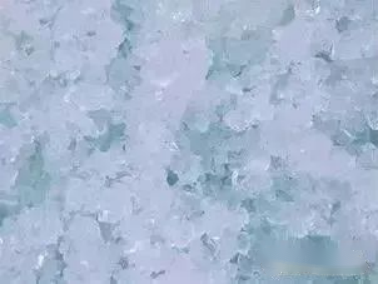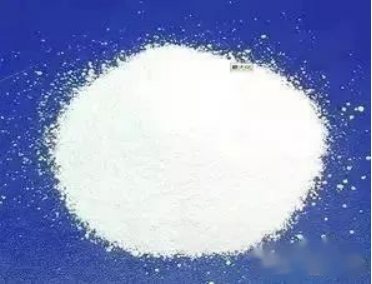Introduction to Metal Corrosion
The so-called metal corrosion refers to the phenomenon that metal or alloy is subjected to various adverse conditions such as humidity, high salt content, and microorganisms in the environment, and the physical and chemical properties of the surface change, which damages the strength, plasticity, and toughness of metal materials. Metal corrosion always causes excellent damage to various production equipment, living facilities, and electronic products in our lives. According to the World Corrosion Organization (WCO) statistics, the annual economic loss caused by metal corrosion accounts for about 5% of the GDP of various countries. It can be seen that inhibiting or alleviating the corrosion of metals to extend the life of metals is of great significance for economic construction.
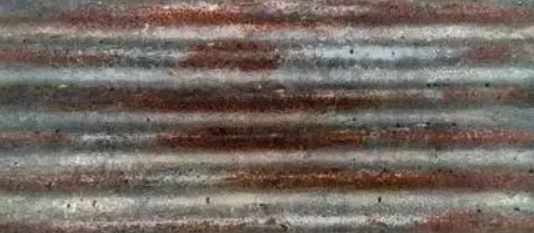
To inhibit metal corrosion, scientific researchers have been tirelessly exploring the work through the continuous research before and after, roughly summed up three effective anti-corrosion technology: the surface coating treatment and the material alloying treatment the third is electrochemical protection. This paper focuses on the first technology, different types of corrosion inhibitors through adsorption into the film, precipitation into the film, oxidation into the film and metal complexation and other forms in the metal or alloy surface to form a protective film covering the metal surface, and then play a role in protecting the inner layer of metal.
The concept of corrosion inhibitor
Corrosion inhibitor: in the appropriate concentration and form on the metal surface, can prevent or slow down the material corrosion of chemical substances or compounds, it is a small amount (0.1% to 1%), but the effect is significant. Like the mothballs used in the home, through sublimation, they are slowly released into the air to inhibit the survival of bacteria and microorganisms.
Types of corrosion inhibitors
Inorganic corrosion inhibitor
1. Calcium hydroxide
Calcium hydroxide, commonly known as "slaked lime," is a very common inorganic corrosion inhibitor in life, and its corrosion inhibition effect on carbon steel is excellent. Through the corrosion inhibition of calcium hydroxide hanging static and dynamic tests, scientific research workers found that its corrosion inhibition efficiency can reach 57.46%.
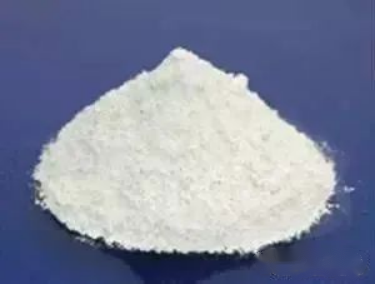
2. Chromate
Chromate is an early use of corrosion inhibitors, is a typical passivation film-type corrosion inhibitor. The so-called passivation film, that is, under certain conditions, the surface of the metal material to form a skinny layer of protection to achieve a state that prevents corrosion. Sodium chromate (Na2CrO4-4H2O) and potassium dichromate (K2Cr2O7) are the two notable chromate species families studied more. For steel, copper, zinc, aluminum, and alloys with good corrosion inhibition, mainly carbon steel, the corrosion inhibition effect is pronounced. The corrosion rate is reduced to less than 0.025 mm per year.
3. Silicate
Commonly known as "water glass" of sodium silicate (xNa2O-ySiO2) is also very common in life metal corrosion inhibitor, mainly used in cleaning metal surfaces, can be used with polyphosphates, organophosphates, molybdate, etc.
4. Molybdate
Molybdate is an essential family of inorganic functional materials and an anodic passivation type corrosion inhibitor. Its corrosion inhibition mechanism on the steel surface is MoO42- and Fe2+ first form a non-protective complex, then Fe2+ is oxidized to Fe3+, then Fe2+- MoO42- complex is transformed into molybdate perovskite, which is insoluble in alkaline or neutral aqueous solution, and finally the steel surface is covered by molybdate perovskite, forming a stable, protective film.
5. Sodium carbonate
Life everywhere in the soda sodium carbonate is also an excellent metal corrosion inhibitor. Researchers have studied the sodium carbonate corrosion inhibition of magnesium alloy found: 5g / L sodium carbonate concentration, the corrosion inhibition efficiency of magnesium alloy can reach 76.8%.
Organic corrosion inhibitors
1. Benzotriazole
Benzotriazole, known as "BTA," is a super potent corrosion inhibitor. The most common and widely used corrosion inhibitor on the market is currently known to have several corrosion inhibitors in the "leader." It can be effectively used in copper products and copper alloy corrosion prevention. 30 mg/kg of addition can achieve the desired corrosion inhibition effect.
2. Amino acids
Amino acids are the primary substances of protein required for human nutrition. Twenty amino acids have been researched and found that glycine, cysteine, and aspartic acid are suitable additives for metal corrosion prevention. 30mmol/L of L-cysteine can be added to AA5052 aluminum alloy in a concentrated alkaline environment to achieve excellent corrosion inhibition.
3.Dicarboxylic acid
Dicarboxylic acid compounds contain two carboxyl groups (-COOH) in the molecule, which can be readily adsorbed to the metal surface or form complexes with metal ions, thus playing a corrosion inhibition effect. Researchers have studied the corrosion inhibition effect of three common dicarboxylic acids: succinic acid, adipic acid, and sunflower acid, and the best corrosion inhibition efficiency of aluminum alloy in alkaline solution reached 80.1%, 88.2%, and 85.7%, respectively.
4. Konjac glucomannan
Konjac glucomannan, a natural high molecular soluble dietary fiber, is the best of all dietary fiber, does not contain calories, satiety, and can reduce and delay the absorption of glucose, inhibit the synthesis of fatty acids, with excellent fat loss and slimming effect. 200ppm of addition can reach 94% of the efficiency of corrosion.
5. Lupine
The famous children's song "Lupin Flower" mentioned in the Lupin flower, its scientific name is lupine, is a natural herb. Researchers have studied the corrosion inhibition effect of its seed extract and found that the inhibition efficiency of lupine seed extract in 2M NaOH electrolyte reached 62%.
Compounding corrosion inhibitor
Human exploration of things always goes through the process from simple to complex, from the surface to in-depth, from a single to comprehensive. The investigation of metal corrosion protection also follows this rule. With the depth of research, researchers found that: a single additive has been challenging to meet the requirements of maintaining the metal surface properties are unaffected at the same time also has a high corrosion inhibition efficiency. So people began to focus on the effect of binary additives and even ternary additives compounding.
Polyethylene glycol di-acid + zinc oxide: an example of organic and inorganic compounding, Danny Gelman investigated the corrosion inhibition effect of a combination inhibitor based on polyethylene glycol di-acid (PEGdi-acid) and zinc oxide (ZnO). The excellent results of reducing the corrosion rate of aluminum alloys by more than one order of magnitude were achieved.
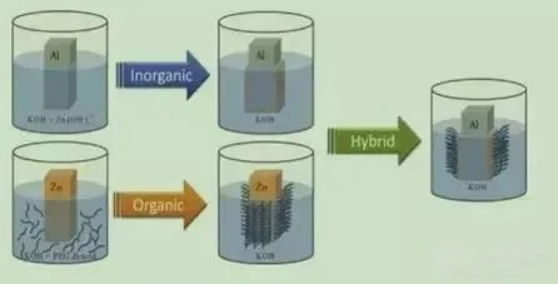
Sodium stannate + casein: The combination of traditional corrosion inhibitor stannate with bioprotein has achieved good results. YJ Nie et al. [31] proposed a Na2SnO3 and casein complex inhibitor to alleviate the corrosion of aluminum anodes in alkaline solutions. In a four mol/L NaOH solution containing 0.05 M Na2SnO3 and 0.6 g-L-1 casein, the rate of hydrogen precipitation was reduced by about one order of magnitude.
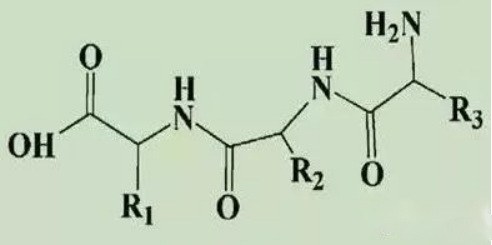
Amino acids + rare-earth ions: Rare earth ions have a substantial effect on metal corrosion, and the combination with amino acids can be considered a "perfect match." Wang Dapeng studied the corrosion inhibition effect of L-cysteine and cerium nitrate compound corrosion inhibitor on the aluminum anode in 4mol/L NaOH electrolyte. The results show a synergistic effect between the two additives. The polar groups such as amino, carboxyl, and sulfhydryl groups in the molecule can be well adsorbed on the surface of the aluminum anode, thus achieving the effect of corrosion inhibition. Amino acids + rare-earth ions: rare-earth ions have a substantial impact on metal corrosion, and the combination of amino acids can be described as a "perfect match." Wang Dapeng studied the corrosion inhibition effect of L-cysteine and cerium nitrate compound corrosion inhibitor on the aluminum anode in 4mol/L NaOH electrolyte. The results show a synergistic effect between the two additives, and the polar groups such as amino, carboxyl, and sulfhydryl groups in the molecule can be well adsorbed on the surface of the aluminum anode, thus achieving the effect of corrosion inhibition.
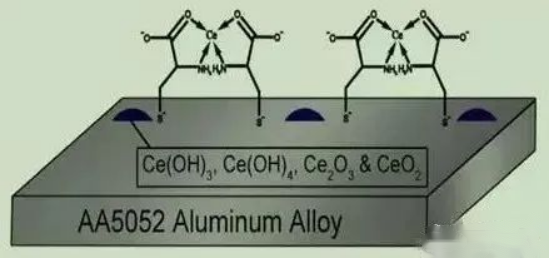
Calcium oxide + L-aspartic acid: Another successful case of combining a common inorganic substance with an amino acid. Kang et al. studied the corrosion inhibition effect of calcium oxide + L-aspartic acid compounded preservative, using AA5052 aluminum alloy in 4 mol/L NaOH alkaline solution. The results showed that the ten mmol/L CaO + 4 mmol/L Asp complex additive greatly improved the hydrogen precipitation self-corrosion on the aluminum alloy surface while having almost no effect on its chemical properties.
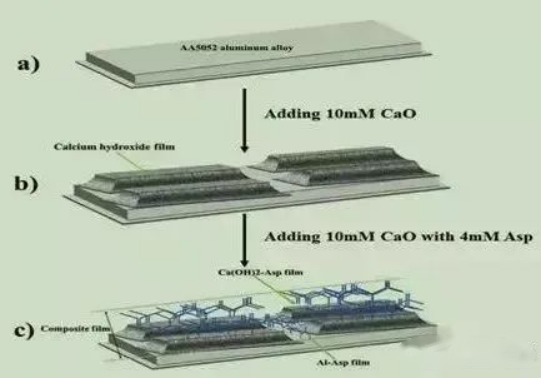
Carboxymethyl cellulose + zinc oxide: This is a group of natural polymer compounds combined with inorganic substances. Liu Jie et al. studied the corrosion of AA5052 aluminum in 4 mol/L NaOH alkaline solution by the compound additive of carboxymethyl cellulose and zinc oxide. The experimental results showed that the 8g/L ZnO + 10g/L CMC compound had the highest corrosion inhibition efficiency.
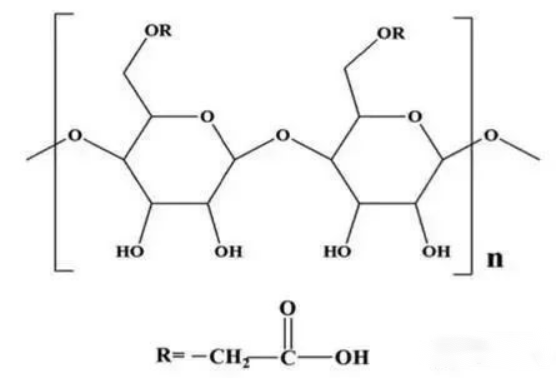
Summary
Today, human life is inseparable from metal products, and in the future, the demand for them will only increase. Therefore, the corrosion protection of metals is of great significance to the social and economic development and even to the technological progress of human beings. Our efforts on metal corrosion inhibition have been on the road.


